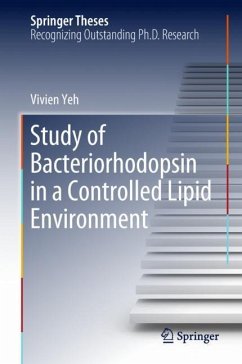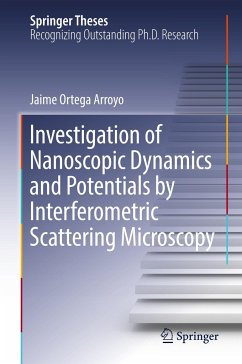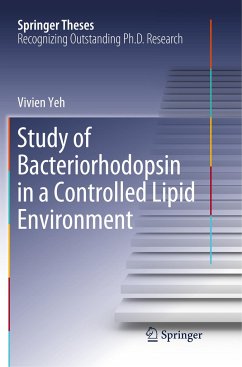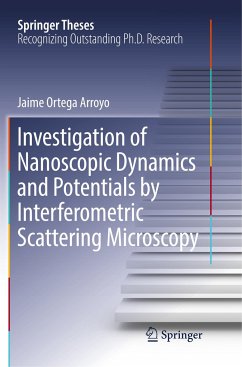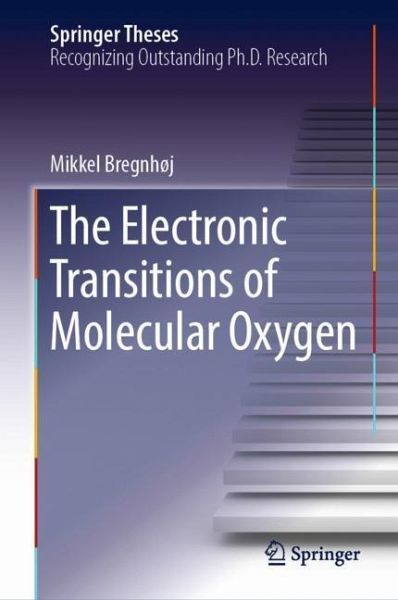
The Electronic Transitions of Molecular Oxygen

PAYBACK Punkte
38 °P sammeln!
This book presents the fundamentals and the state of the art of the photophysics of molecular oxygen. The author examines optical transitions between the lowest-lying electronic states in molecular oxygen and how these transitions respond to perturbation, either from an organic molecule or from the plasmon field of a metal nanoparticle.We live on a planet filled with light and oxygen. The interaction between these two components forms the basis of excited state chemistry spanning the fields of synthetic organic chemistry, materials chemistry, molecular biology, and photodynamic treatment of ca...
This book presents the fundamentals and the state of the art of the photophysics of molecular oxygen. The author examines optical transitions between the lowest-lying electronic states in molecular oxygen and how these transitions respond to perturbation, either from an organic molecule or from the plasmon field of a metal nanoparticle.
We live on a planet filled with light and oxygen. The interaction between these two components forms the basis of excited state chemistry spanning the fields of synthetic organic chemistry, materials chemistry, molecular biology, and photodynamic treatment of cancer. Still, the fundamental ways in which oxygen is affected by light is an active subject of research and is continually being developed and rationalized.
In this book, readers will learn that singlet oxygen, the excited state of oxygen that exhibits unique chemical reactivity, can be selectively made via direct optical excitation of oxygen in a sensitizer-free system.Readers will also discover that this approach can perturb living cells differently depending on the singlet oxygen "dose".
We live on a planet filled with light and oxygen. The interaction between these two components forms the basis of excited state chemistry spanning the fields of synthetic organic chemistry, materials chemistry, molecular biology, and photodynamic treatment of cancer. Still, the fundamental ways in which oxygen is affected by light is an active subject of research and is continually being developed and rationalized.
In this book, readers will learn that singlet oxygen, the excited state of oxygen that exhibits unique chemical reactivity, can be selectively made via direct optical excitation of oxygen in a sensitizer-free system.Readers will also discover that this approach can perturb living cells differently depending on the singlet oxygen "dose".





